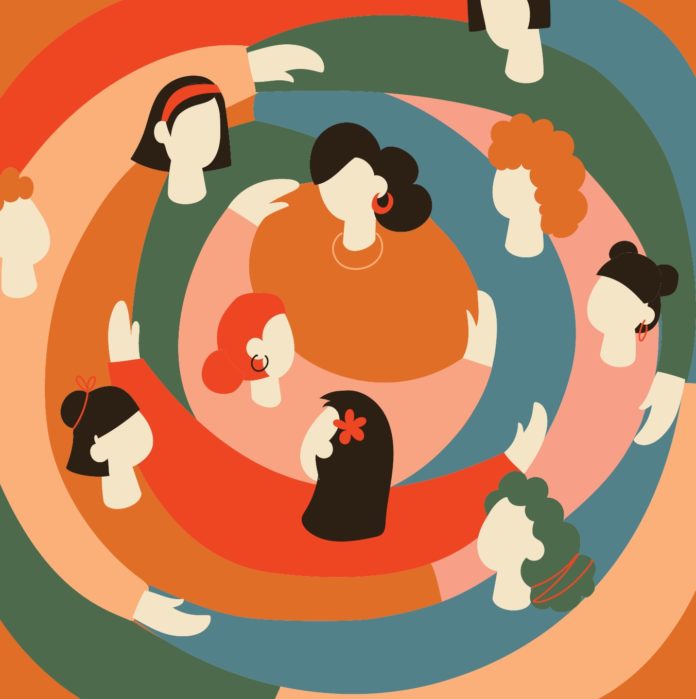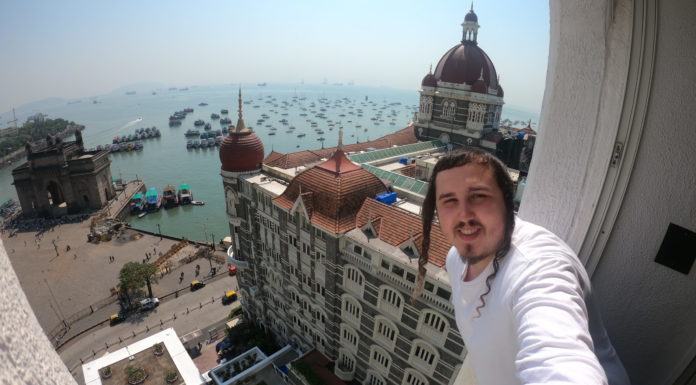“What group is this?” I asked one young woman.
Her face darkened. “Speak to Tzippi,” she said with a closed expression, pointing to the short, wiry woman who seemed to be the group’s leader.
“We are a group of widows, on a day out to enjoy ourselves,” said Tzippi Greineman, the widow of Rav Chaim Greineman’s grandson from Bnei Brak and the mother of ten children. “The name of our organization is Hineni B’yadcha (Here I Am, in Your Hands). When my husband passed away, I was in such a stupor that I couldn’t function. A year later, I had the blessing of meeting another widow who gave me the kind of strength that only one who has lived this tragedy can give. I decided to organize a support group for widows.
“Once a month, we organize buses to daven at the Kosel, and then we continue to Kever Rochel. A few times a year, we organize a fun day, sometimes two, full of quality activities. The last trip was up north. I brought tubes, and we all floated down a stream. It was worth the trip just to see how carefree everyone felt, letting the stream carry them.
“We finish our evenings with dancing, often with a professional instructor. Dancing brings a sense of joy and liberation. The laughter and simchah that emanate from these women, who carry heavy burdens, warms my heart and spurs me to do more. They go home lighthearted and smiling, filled with positive energy, bringing that carefree feeling into their homes and to their children.
“On one of our trips we rented tractors, and each woman had the chance to drive one. One young widow told me that she felt in control driving the tractor, and that stuck in my mind. It prompted me to organize a series of lectures designed to empower widows. These lectures give practical advice on topics such as parenthood and self-worth. We challenge the idea that many widows have—that they are worthless because they are no longer part of a couple.
“They are taught how to make decisions on their own. We teach them about authority. ‘You are not your children’s friend,’ the lecturers emphasize. ‘You are their parent.’ We also teach them to trust their own judgment and how to live well. Events like these routinely draw about 350 widows. We also host events for orphans. Sometimes the children’s activities and the women’s events take place at the same time.”
“There are other organizations like yours,” I pointed out. “What makes yours stand out?”
“My priority is making sure that our women do not feel like nebachs,” Tzippi said. “At first, a crew of photographers and videographers followed us around during our programs so they could create material to show donors. Some donors were even asked to come on a trip and see for themselves how well their money was spent in order to encourage them to give again. But we felt like we were in a zoo. I don’t allow that anymore.
“I want my friends to feel joyful, not like miskenim. I encourage the women to come to our activities with joy. ‘You can cry at home,’ I tell them. ‘Here we want to forget.’ We laugh, we sing and we dance with each other.”
“How do you finance all of this?” I asked.
“The money that we receive from donors is used exclusively to cover our events,” she answered. “No one draws a salary, and we try to get the best prices for everything we do.





















